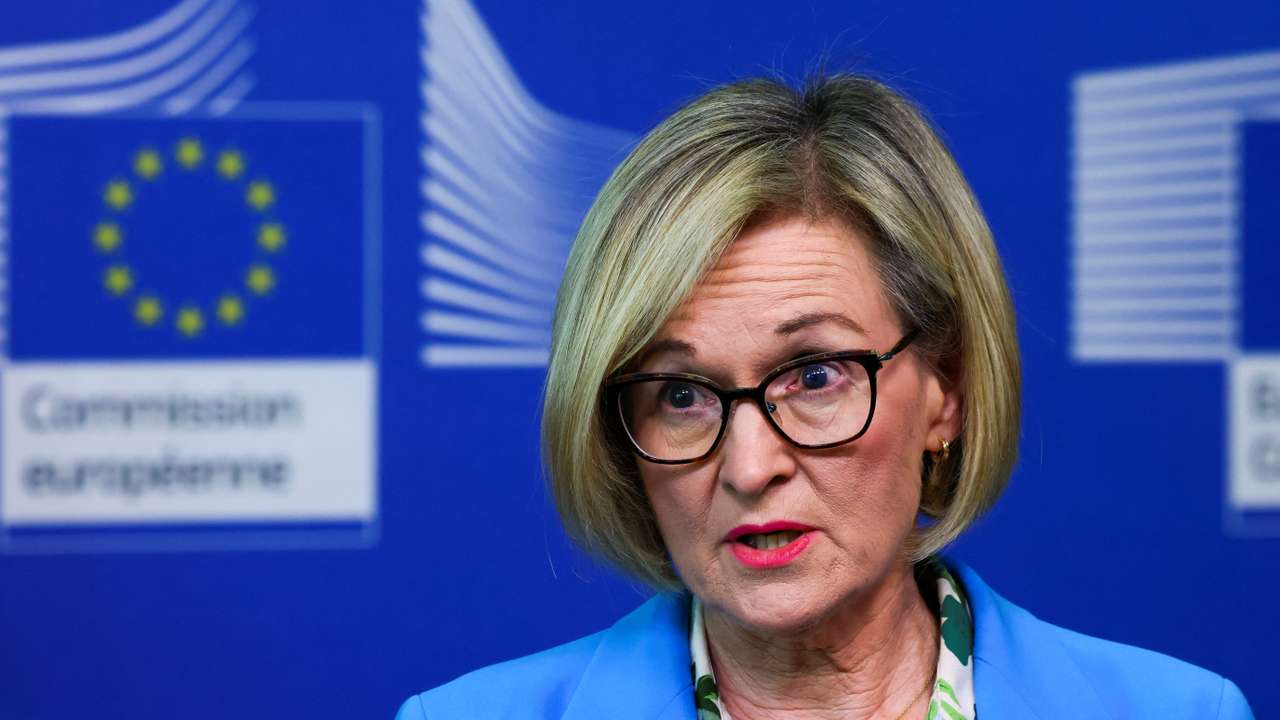EU cautions against trade measures to support solar sector
- #Asia
- #Pacific
- #EU Institutions
- #Commodities Markets
- #Diplomacy
- #Foreign Policy
- #East Asia
- #Emerging Market Countries
- #Environment
- #European Union
- #Green Technology
- #International Agencies
- #Treaty Groups
- #Energy Markets
- #government
- #Politics
- #Power Markets
- #Power Generation
- #Renewable Energy
- #Renewable Energy Power Stations
- #Solar Power Stations
- #International Trade
- #Tariffs
- #Utilities Regulation
- #Asia
- #Pacific
- #EU Institutions
- #Commodities Markets
- #Diplomacy
- #Foreign Policy
- #East Asia
- #Emerging Market Countries
- #Environment
- #European Union
- #Green Technology
- #International Agencies
- #Treaty Groups
- #Energy Markets
- #government
- #Politics
- #Power Markets
- #Power Generation
- #Renewable Energy
- #Renewable Energy Power Stations
- #Solar Power Stations
- #International Trade
- #Tariffs
- #Utilities Regulation

EU cautions against trade measures to support solar sector
The European Union needs to take into account its ambitious targets for solar power deployment before it considers any measures to curb imports of photovoltaic panels, wafers and other components, a senior EU official said on Monday.
European Commissioner Mairead McGuinness told the European Parliament that the EU was working on a vast set of instruments to support the solar industry. Currently, 97% of the panels deployed in Europe are imported, mainly from China.
"Given that we currently rely to a very important degree on imports to reach EU solar deployment targets, any potential measure needs to be weighed against the objectives we have set ourselves when it comes to the energy transition," she told lawmakers.
The Commission has set a target of 750 gigawatts of solar generation capacity by 2030, from 260 GW in 2023.
Europe's solar panel manufacturing industry has urged the EU to step in with emergency measures to avoid local firms shutting down under price pressure from Chinese imports.
If these measures, including buying up excess inventories of EU solar modules, could not be done rapidly, it urged the Commission to consider "safeguard" measures that could include import tariffs and quotas.
McGuinness said she recognised that solar panel prices had fallen by more 40% due to global oversupply.
She said the EU had rules coming in designed to make public authorities consider factors other than price when holding tenders for clean-tech equipment. This would include a push to ensure that no more than 65% of supply is from a single source.
Under more flexible state aid rules, she said, the Commission had approved nine initiatives with a budget of more than 12 billion euros for clean-tech equipment, including solar panels.
The EU is also working with countries, including the United States and India, to reduce reliance on Chinese supply.
This article was produced by Reuters news agency. It has not been edited by Global South World.